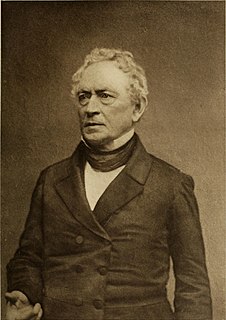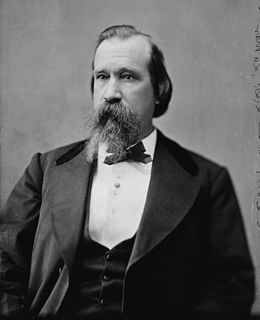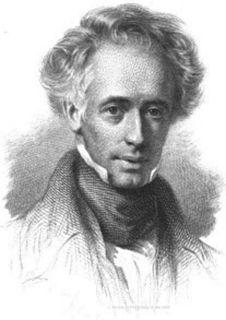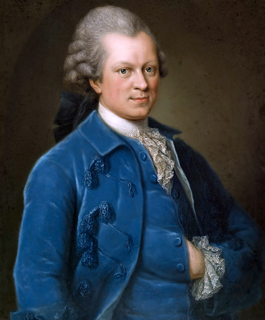A Quote by Woody Allen
I call that mind free which jealously guards its intellectual rights and powers, which calls no man master, which does not content itself with a passive or hereditary faith, [and] receives new truth as an angel from Heaven.
Related Quotes
A free culture supports and protects creators and innovators. It does this directly by granting intellectual property rights. But it does so indirectly by limiting the reach of those rights, to guarantee that follow-on creators and innovators remain as free as possible from the control of the past. A free culture is not a culture without property, just as a free market is not a market in which everything is free. The opposite of a free culture is a "permission culture" -- a culture in which creators get to create only with the permission of the powerful, or of creators from the past.
You can call it tathata, suchness. 'Suchness' is a Buddhist way of expressing that there is something in you which always remains in its intrinsic nature, never changing. It always remains in its selfsame essence, eternally so. That is your real nature. That which changes is not you, that is mind. That which does not change in you is buddha-mind. You can call it no-mind, you can call it samadhi, satori. It depends upon you; you can give it whatsoever name you want. You can call it christ-consciousness.
A free mind is one which is untroubled and unfettered by anything, which has not bound its best part to any particular manner of being or worship and which does not seek its own interest in anything but is always immersed in God's most precious will. . . . There is no work which men and women can perform, however small, which does not draw from this its power and strength.
How do we receive the highest mystery of Divine love to us ? the mystery of the Christian faith? With our mind, heart and life; with our free will? Are all the three powers of our souls penetrated by holy faith, as were the souls of the saints? The kingdom of heaven 'is like leaven, which a woman took and hid in three measures of meal till the whole was leavened' (Lk. 13:21). The three measures are the three powers of the soul.
While some animals exhibit individual powers in higher perfection, man stands for their superior, not only in combining in his own body all the senses and faculties which they possess, but in being endowed with moral and intellectual powers which are denied to them, and which at once place him at the head of the living creation, and constitute him a moral, religious, intelligent, and responsible being.
Faith is this extraordinary principle which links man to God; faith is this thing that keeps a man from hell and puts him in heaven; it is the connection between this world and the world to come; faith is this mystic astounding thing that can take a man dead in trespasses and sins and make him live as a new being, a new man in Christ Jesus.
The true value of man is not determined by his possession, supposed or real, of Truth, but rather by his sincere exertion to get to the Truth. It is not possession of Truth by which he extends his powers and in which his ever-growing perfectability is to be found. Possession makes one passive, indolent and proud. If God were to hold all Truth concealed in his right hand, and in his left only the steady and diligent drive for Truth, albeit with the proviso that I would always and forever err in the process, and to offer me the choice, I would with all humility take the left hand.






































